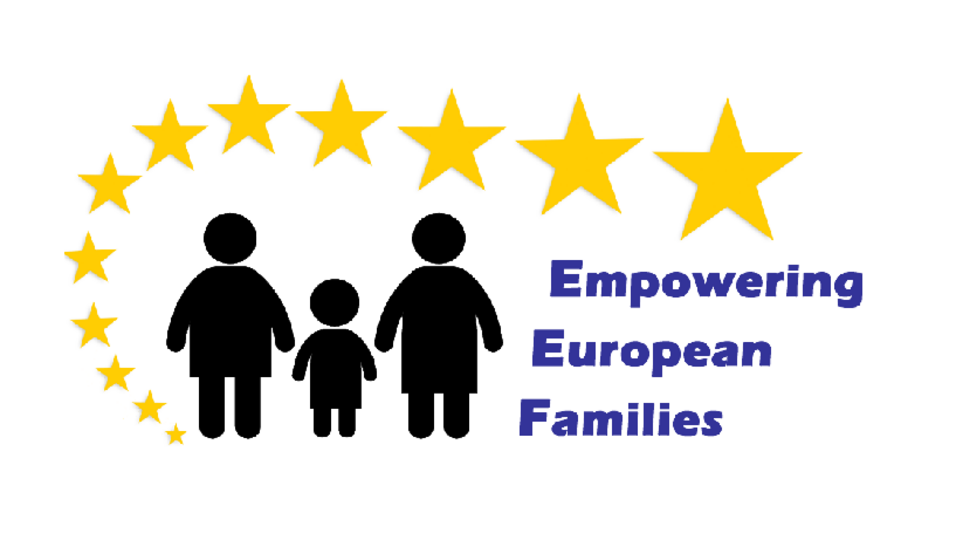The first day of the Conference focused on marriages and registered partnerships – three sets of model agreements for both statuses as well as a checklist for legal advisers on the usage of those agreements were presented and discussed. The second day of the Conference was mainly dedicated to the difficulties which cross-border informal couples face. To overcome these problems, the Working Group has since drafted a toolkit for informal couple relationships within the European Union, which was presented at the event.
The Conference drew experts from various quarters in Europe who expressed high appreciation for the results that had been produced, particularly as they could help legal professionals to advise their clients, burdened with cross-borders complications, in more informed manners. The Conference was concluded by an expert panel discussion on awareness-raising strategies and efficient ways of encouraging the use of party autonomy. ELI President Christiane Wendehorst, who is also one of the Project’s coordinators, emphasised that ‘making parties conscious of the legal consequences their cross-border relationship might have before a legal dispute arises is a very crucial part of our work’. Having reached its final stage, the Empowering European Families Team will now focus on disseminating its results further and making them more accessible. The results are expected to be published next year.
The agenda is available here.
This Project and Conference are sponsored by
University of Vienna Utrecht University European Law Institute Co-funded by the Justice Programme of the European Union


